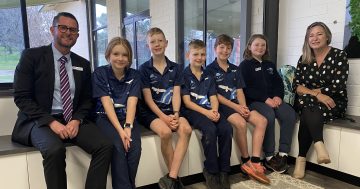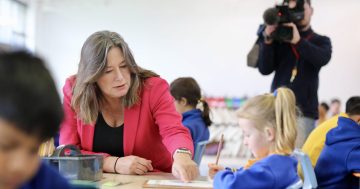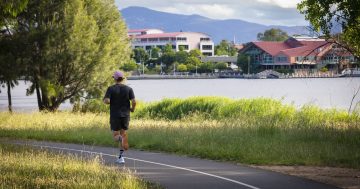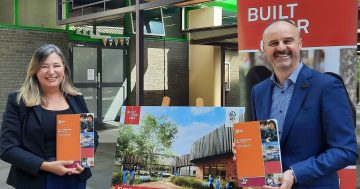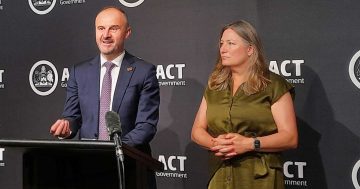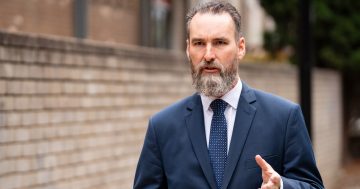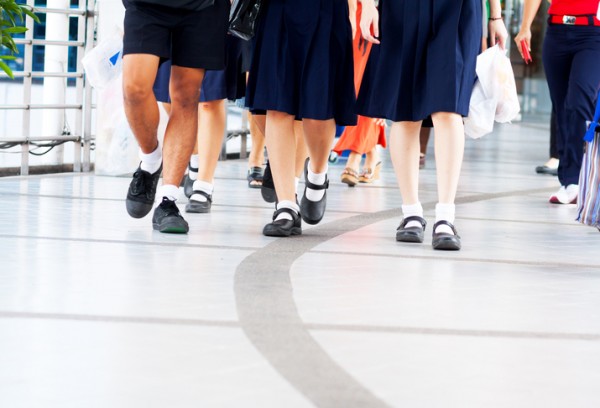
ACT Labor has completed a series of health promises and moved on to election commitments in education, starting with a $100 million announcement today.
A re-elected Labor government would invest $85 million in capital for upgrades to Canberra’s public schools between 2017-18 and 2020-21, building on school infrastructure spending of more than $70 million between 2012 to 2016.
The $85 million capital upgrade program would deliver upgrades and extensions to existing classrooms, new classrooms, refurbishment of toilets and change rooms, new gardens and horticultural facilities, equipment upgrades and heating and cooling systems and energy efficiency improvements, Labor announced in a statement.
The party said it would also respond to the planning and infrastructure pressures facing non-government schools as a result of the Federal Liberal Government’s failure to honour the inter-governmental “Gonski” funding agreement.
This would involve the allocatation of infrastructure grant funding of $15 million over four years for non-government schools on a needs basis, consistent with the Gonski funding principles, the statement said. It would include infrastructure and facility upgrades to cater to the needs of children with a disability.
According to the statement, if Gonski was honoured by the Federal Liberals, the needs-based funding increases many non-government schools had seen in the last two years would continue, which would free up the proposed ACT government funding to be reallocated on a needs basis to the public system.
Labor would also provide funding of $100,000 for minor works at schools to facilitate easier access for sporting groups, multicultural groups and other community users, building on work carried out in 2016.
In June, the Canberra Liberals committed to spending $85 million on schools if elected in October, with $65 million of that allocated to public school upgrades and the remaining $20 million to boost resources in the Territory for students with special needs.













